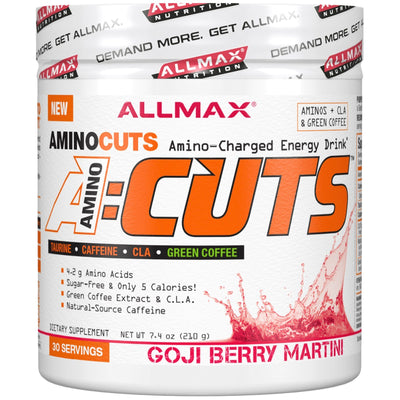Do You Need Electrolytes? + DIY Electrolyte Booster Recipe
Do You Need Electrolytes? + DIY Electrolyte Booster Recipe
Alexandra Lucier, RHNP June, 2022
Now that the warm and sunny weather is officially here, you’re no doubt looking forward to more outdoor movement, or maybe doing work outside to get your yard and patio ready for Summer entertaining! Personally, I’ve been hitting the bike trails pretty hard already! Whatever outdoor activities you like to engage in, one important thing to consider is your electrolyte balance.
Why are electrolytes important?
To put it simply, electrolytes are minerals that carry either a positive or negative charge, and are essential for conducting nerve and muscle impulses throughout the body. They also help to regulate fluid balance (which keeps us hydrated) and support brain, heart, and bone health.
Normally, blood electrolyte levels are closely regulated by the body to perform these essential functions. Sometimes, though, they can be thrown out of balance. This often happens as the result of illness, dehydration, intense exercise (especially if you are sweating), a poor or restrictive diet, kidney disease, or certain medications, particularly water pills or laxatives.
Because of the warmer temperatures and humidity, we are at a much greater risk of electrolyte imbalance if we are working or exercising outdoors in the Summer.
Symptoms of an Imbalance
When this happens, symptoms can range from mild (fatigue, headaches, digestive issues, muscle cramps and weakness) to very dangerous, such as irregular heartbeat, vomiting, convulsions, blood pressure changes, and numbness. It’s particularly important to keep an eye on the elderly this time of year, and watch for confusion, mood changes, or dizziness, which are also common signs of an electrolyte imbalance.
How do you know if you need electrolytes?
Because very high levels of electrolytes are just as dangerous as low levels (balance is really what you want to strive for), not everyone should supplement with electrolytes all the time. It’s important to know that many foods are rich sources of electrolytes (coconut water, celery, cucumber, watermelon, pineapple, citrus, and cultured dairy, to name a few), which makes it relatively easy to get what you need if you are eating a healthy, whole-foods diet.
Your doctor can also test for electrolyte levels if you suspect you might be deficient.
You are at a much greater risk if you:
- Are an athlete, or enjoy frequent, intense exercise (particularly outdoors)
- Have been sick with symptoms such as vomiting, diarrhea or a high fever
- Are on a Keto or very low-carbohydrate diet
- Suffer from kidney disease or damage
- Have experienced an eating disorder or otherwise do not consume a very nutrient-rich diet
- Are on medications such as antibiotics, diuretics, corticosteroids, or those for treating cancer, heart disease, or hormonal disorders
In most of these cases, it is safe to pick up a quality electrolyte supplement from your local health food store. You can also mix up your own Electrolyte Booster by combining:
- 1 quart of water (or coconut water, for an extra boost)
- Fresh-squeezed juice from half a lemon or lime
- 1-2 Tbsp raw honey or pure maple syrup
- Pinch of Pink Himalayan or Celtic sea salt
If you do decide to go the supplement route, be sure to look for one without a lot of added sugar or artificial colours, sweeteners, or flavours. Ener-C is a good-quality brand, available at Pure Nature Nutrition Centres in lemon-lime and mixed berry flavour.


